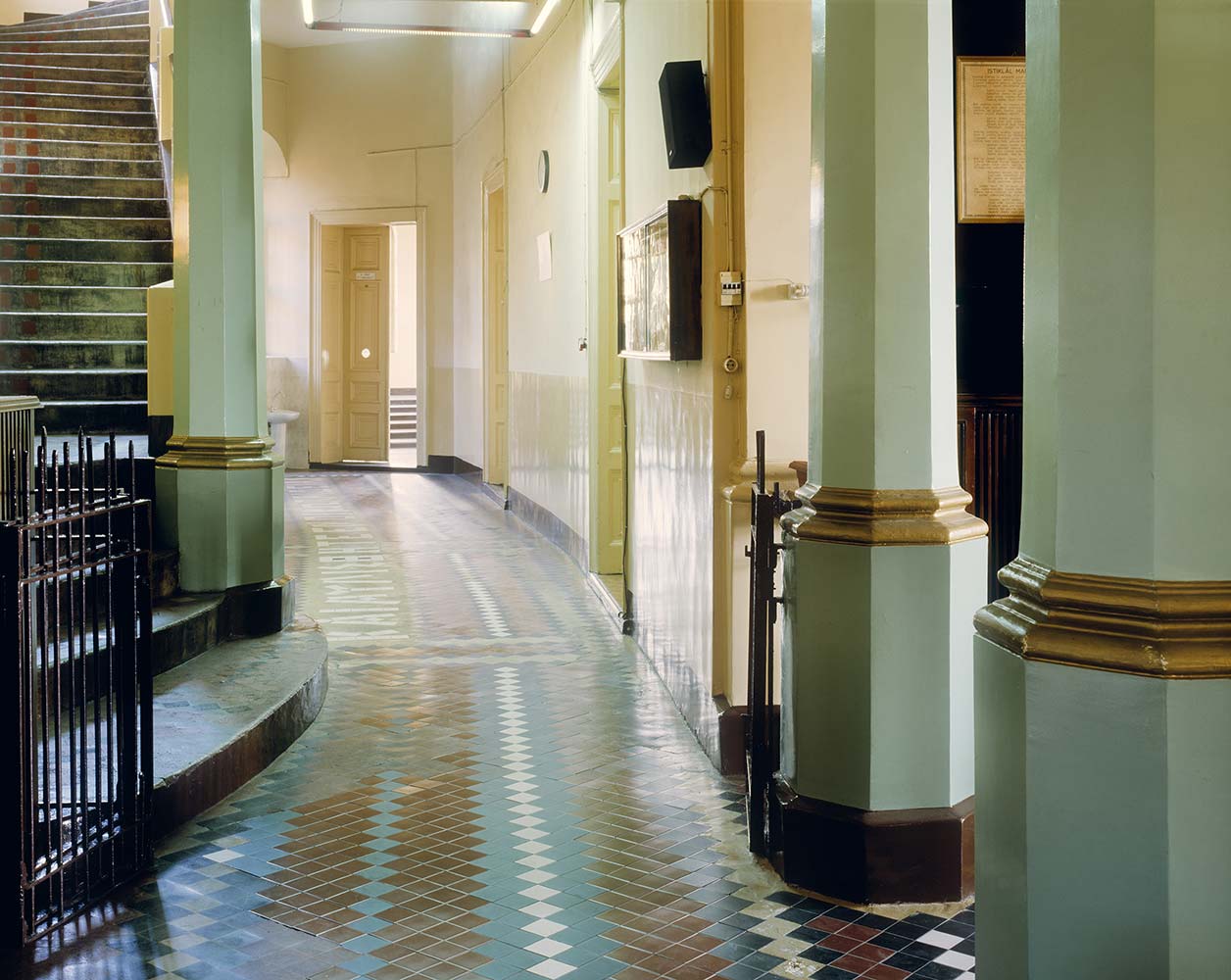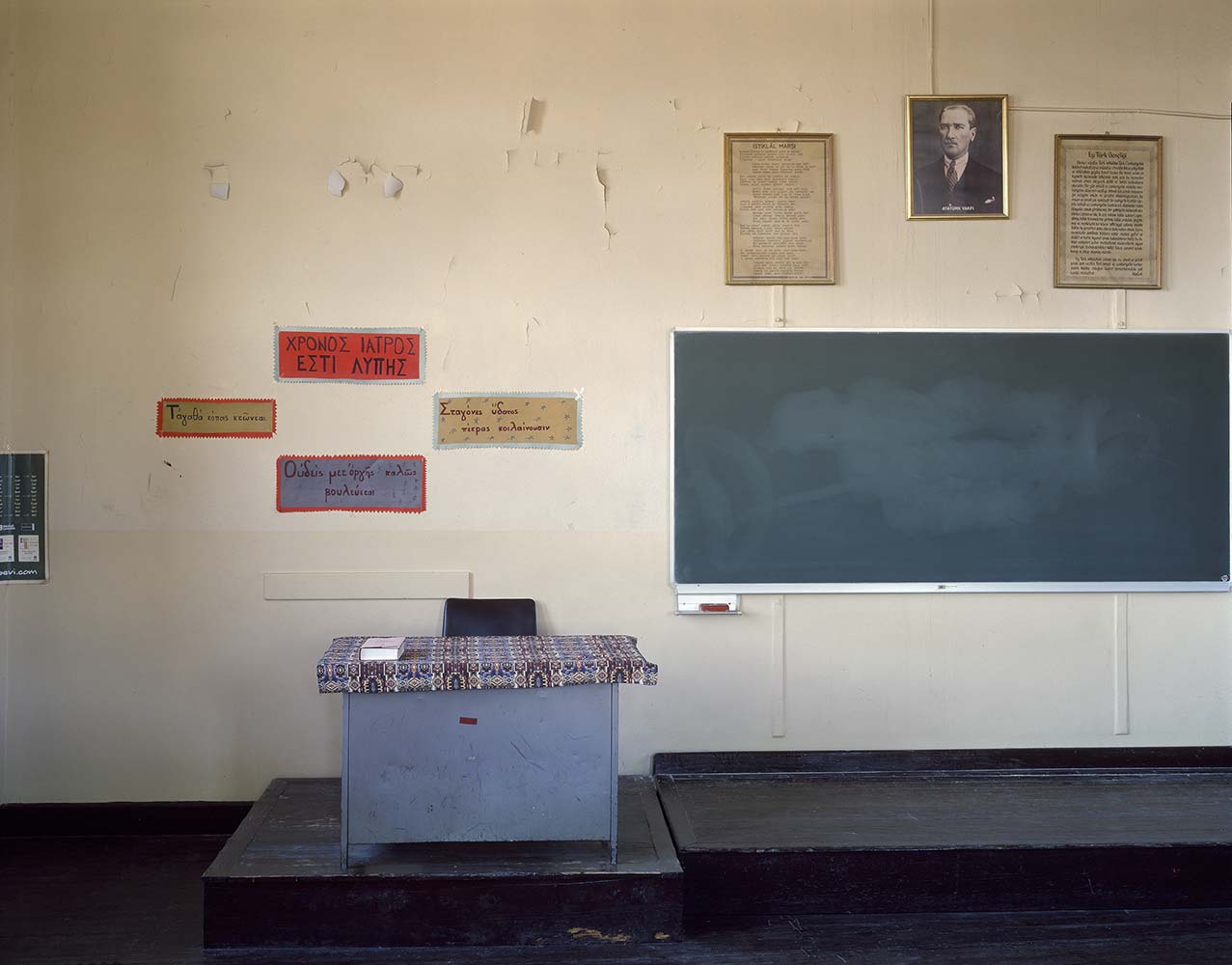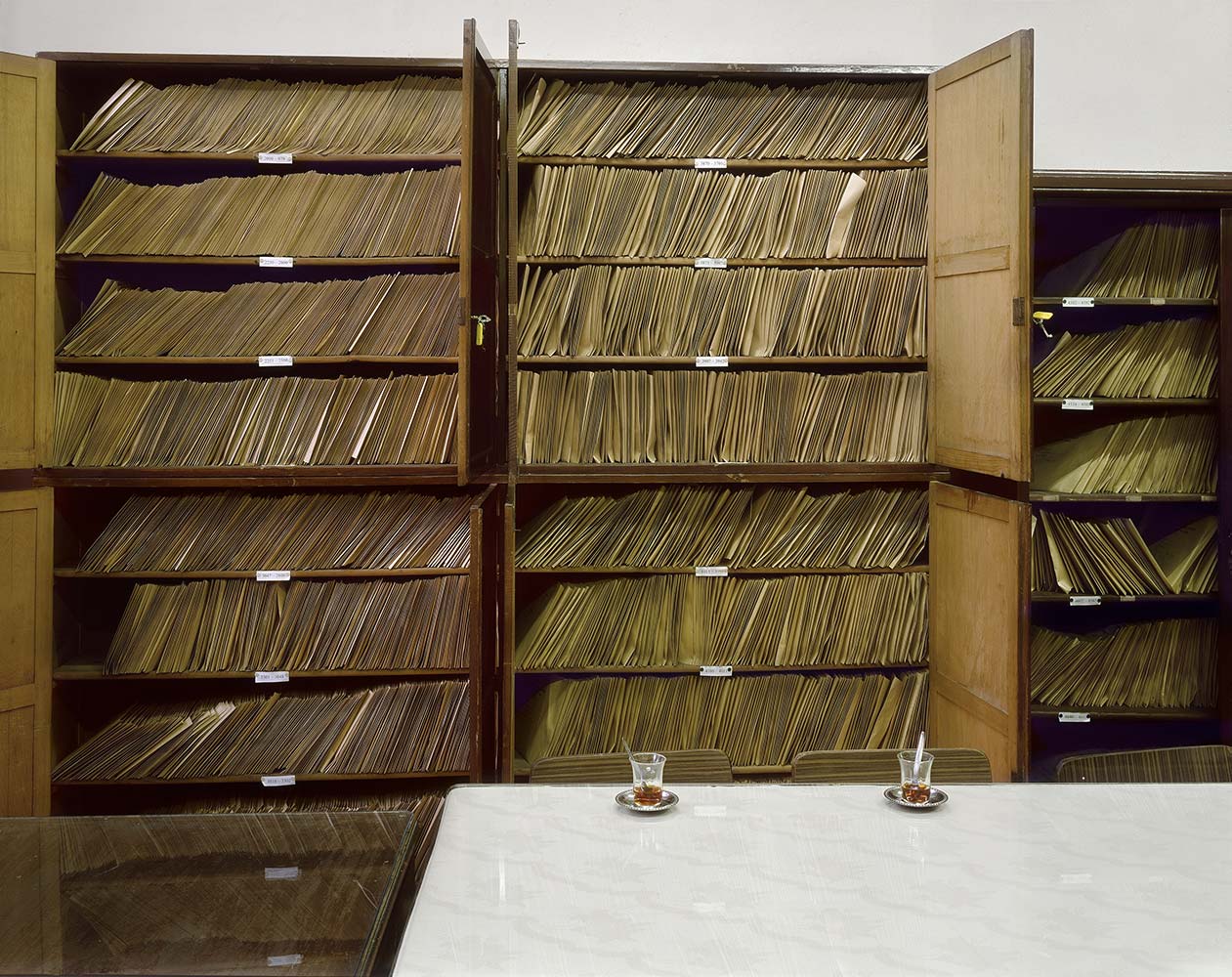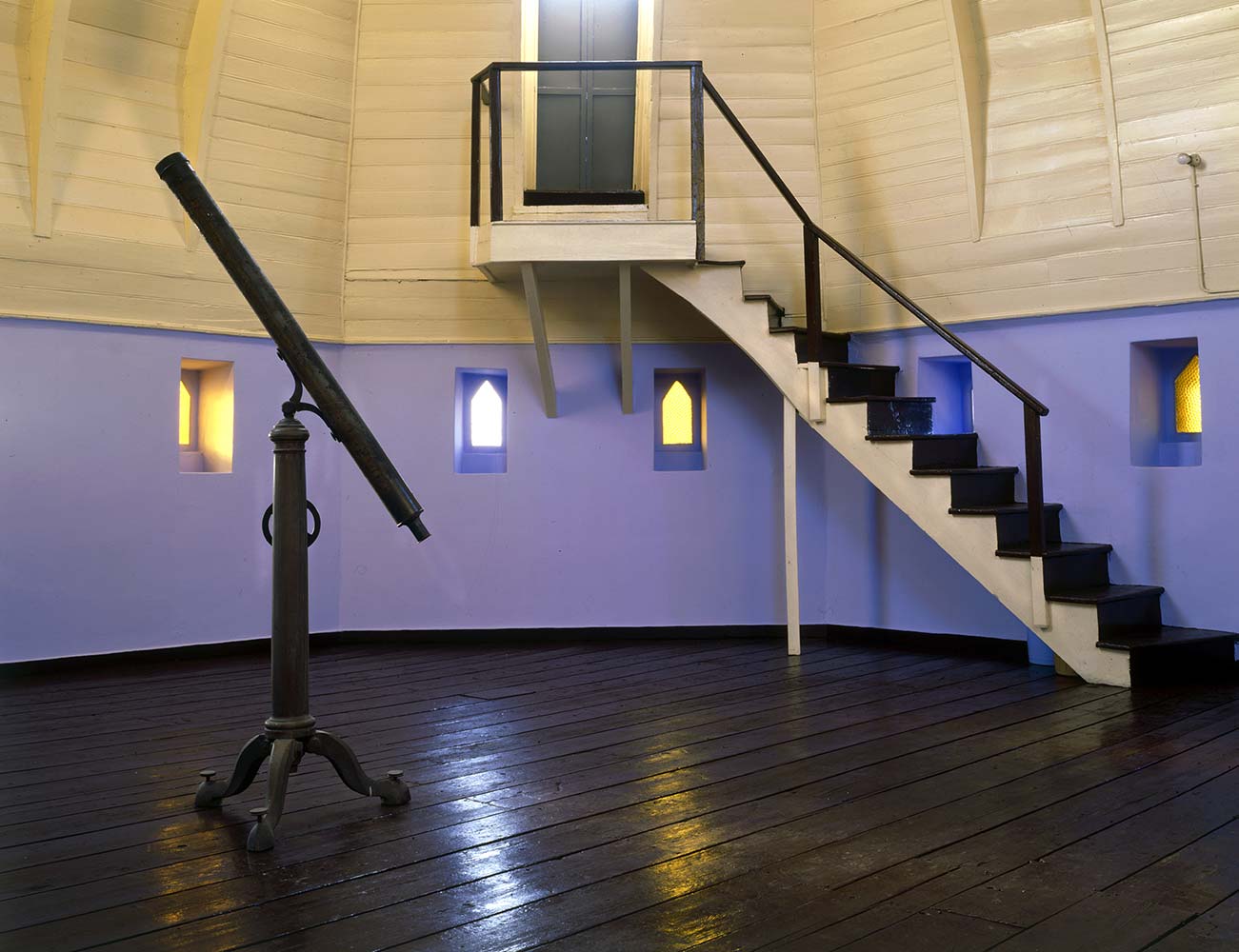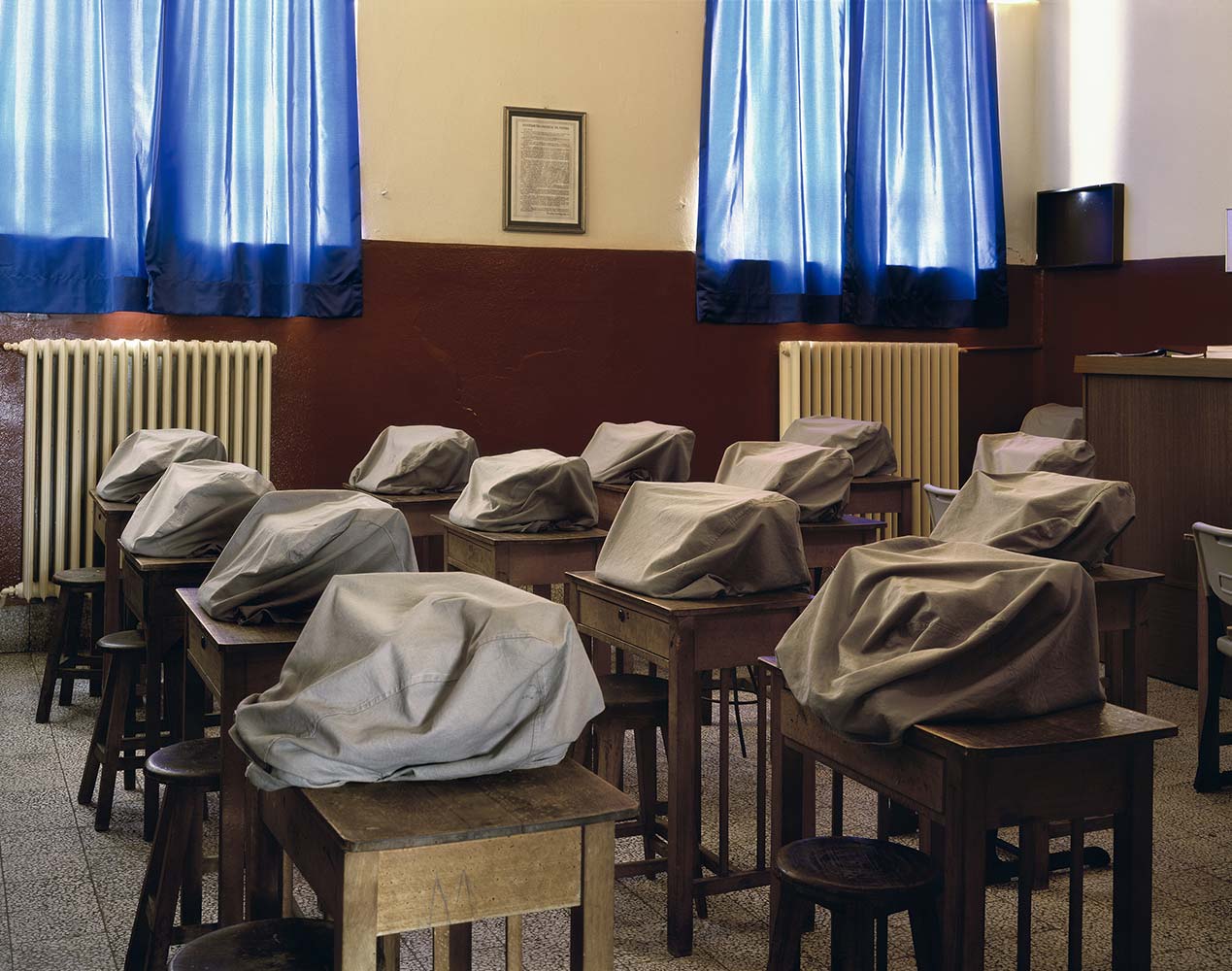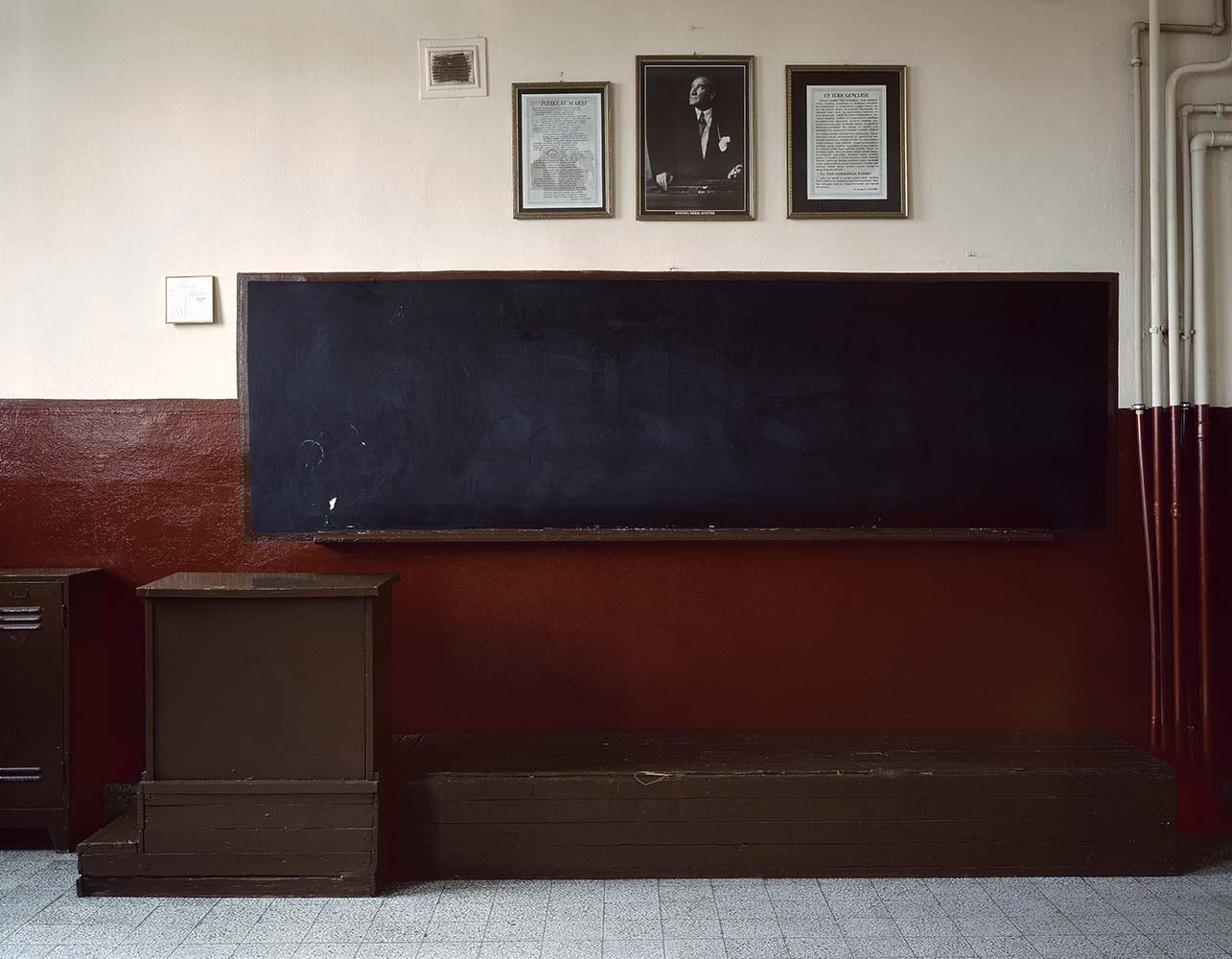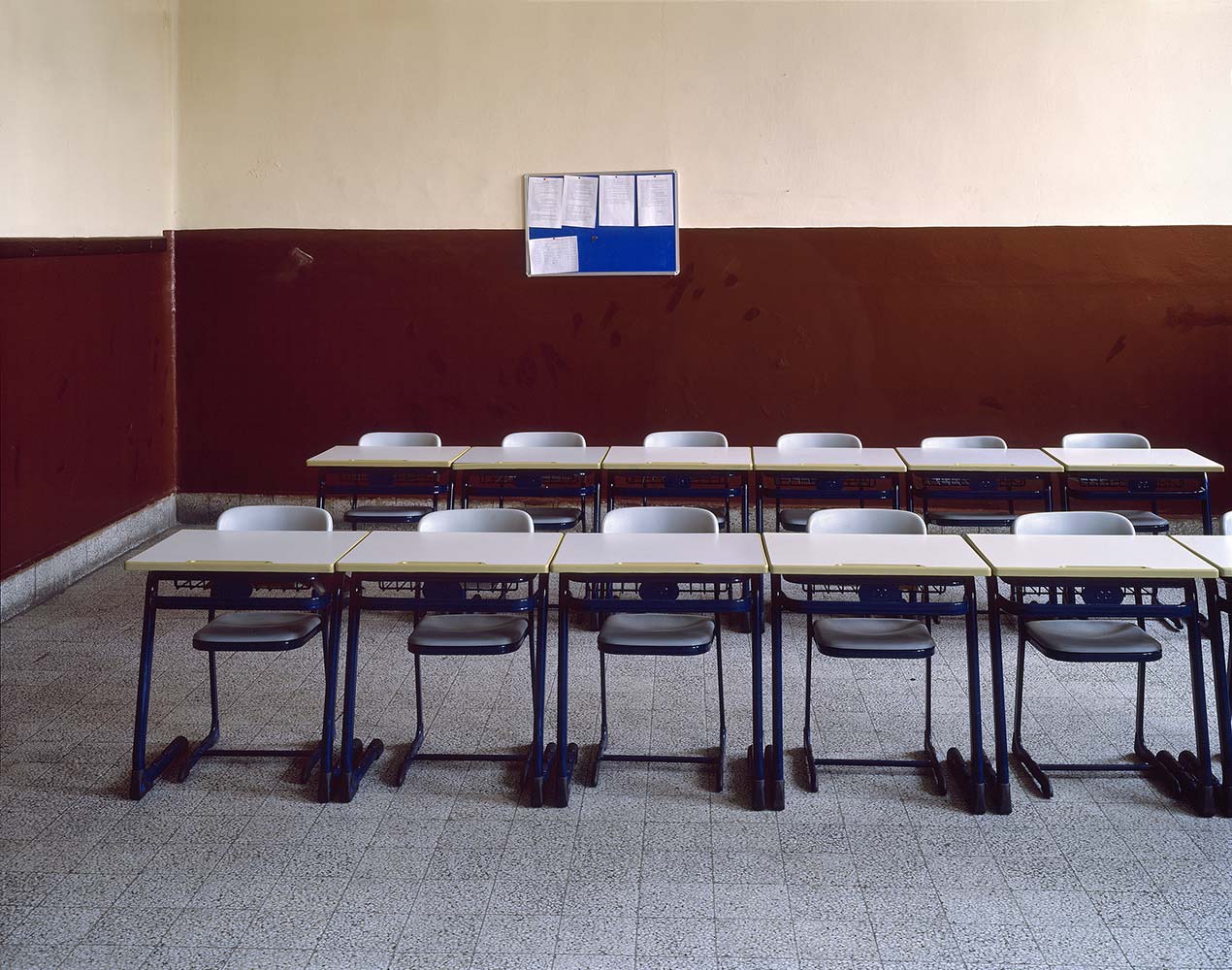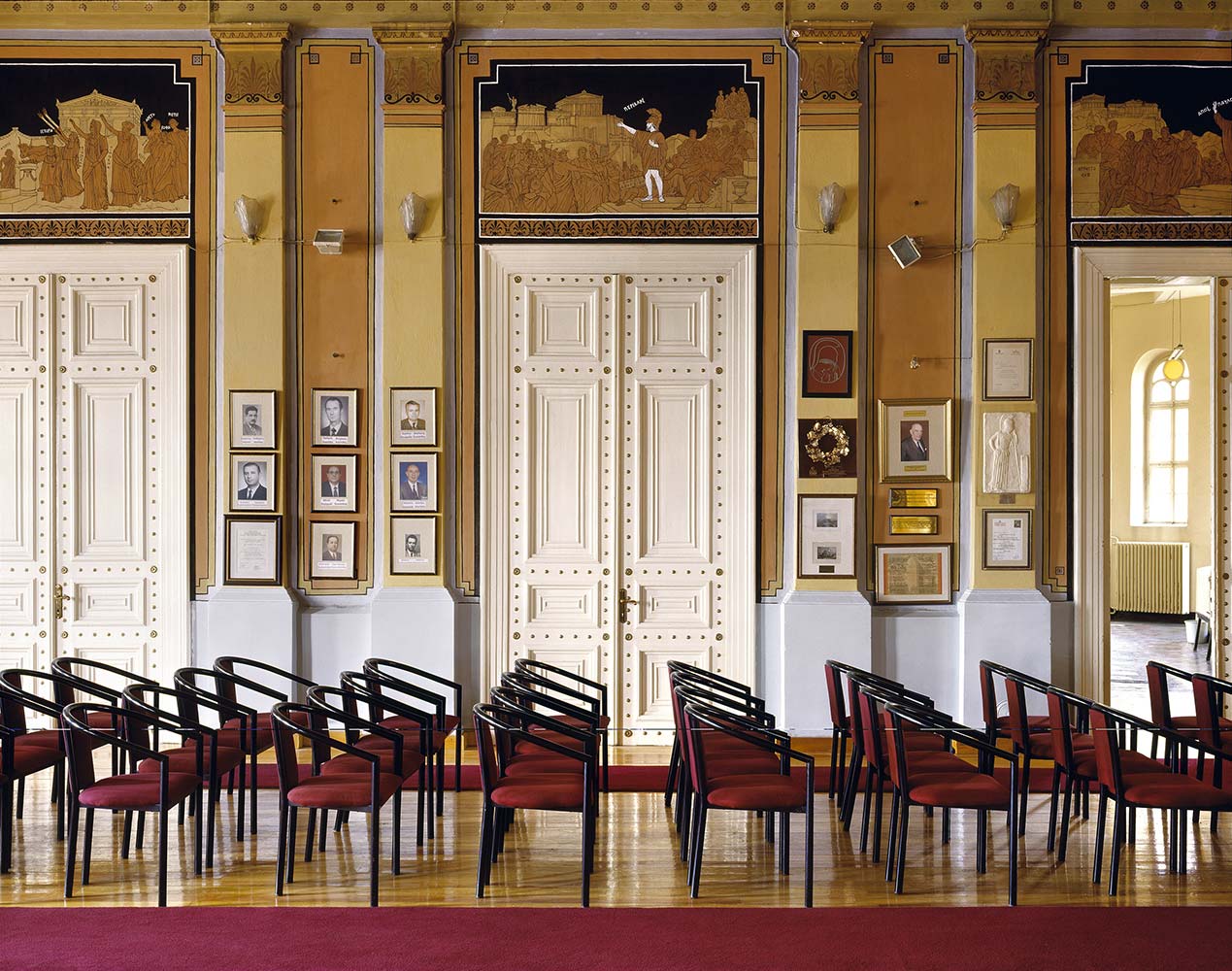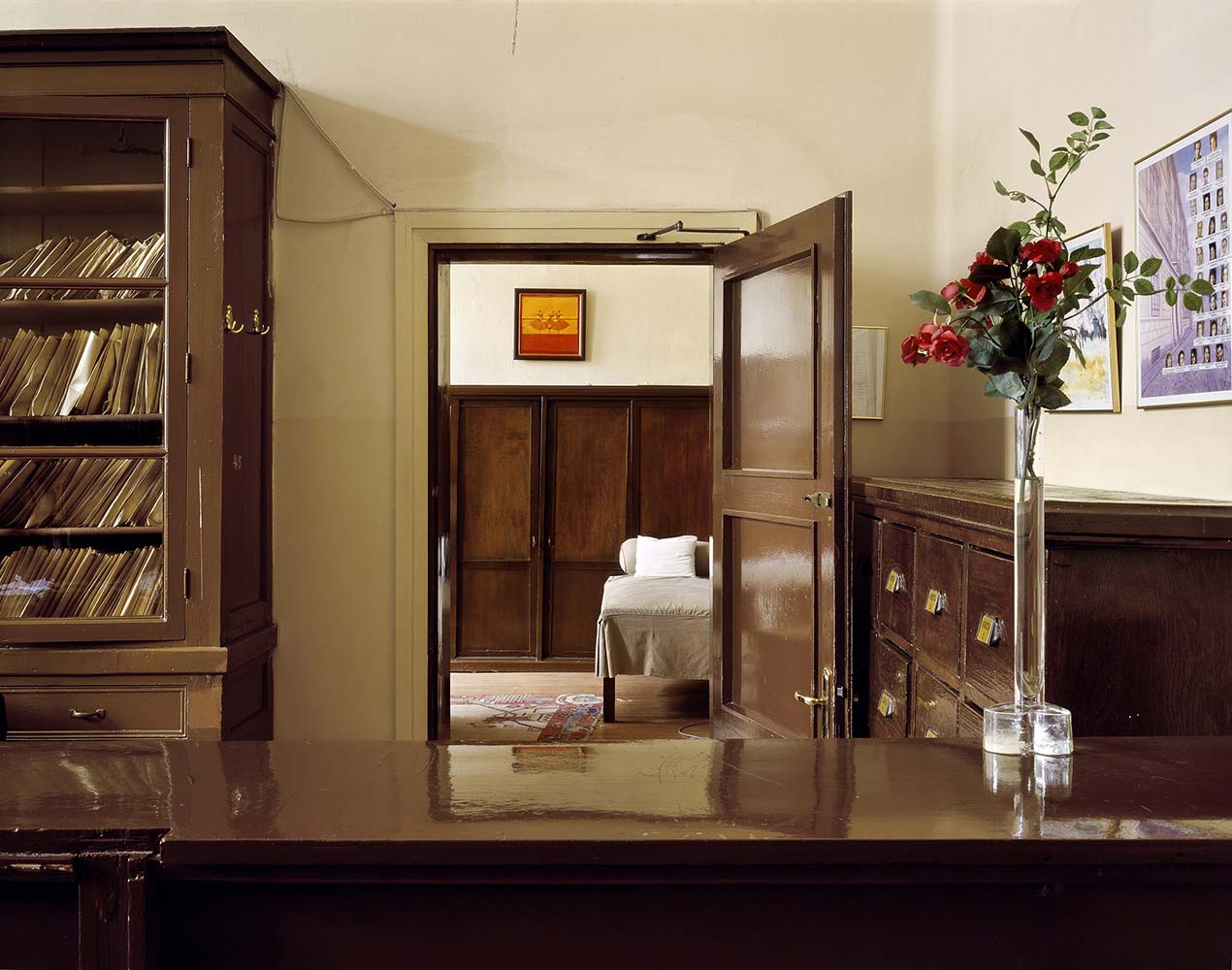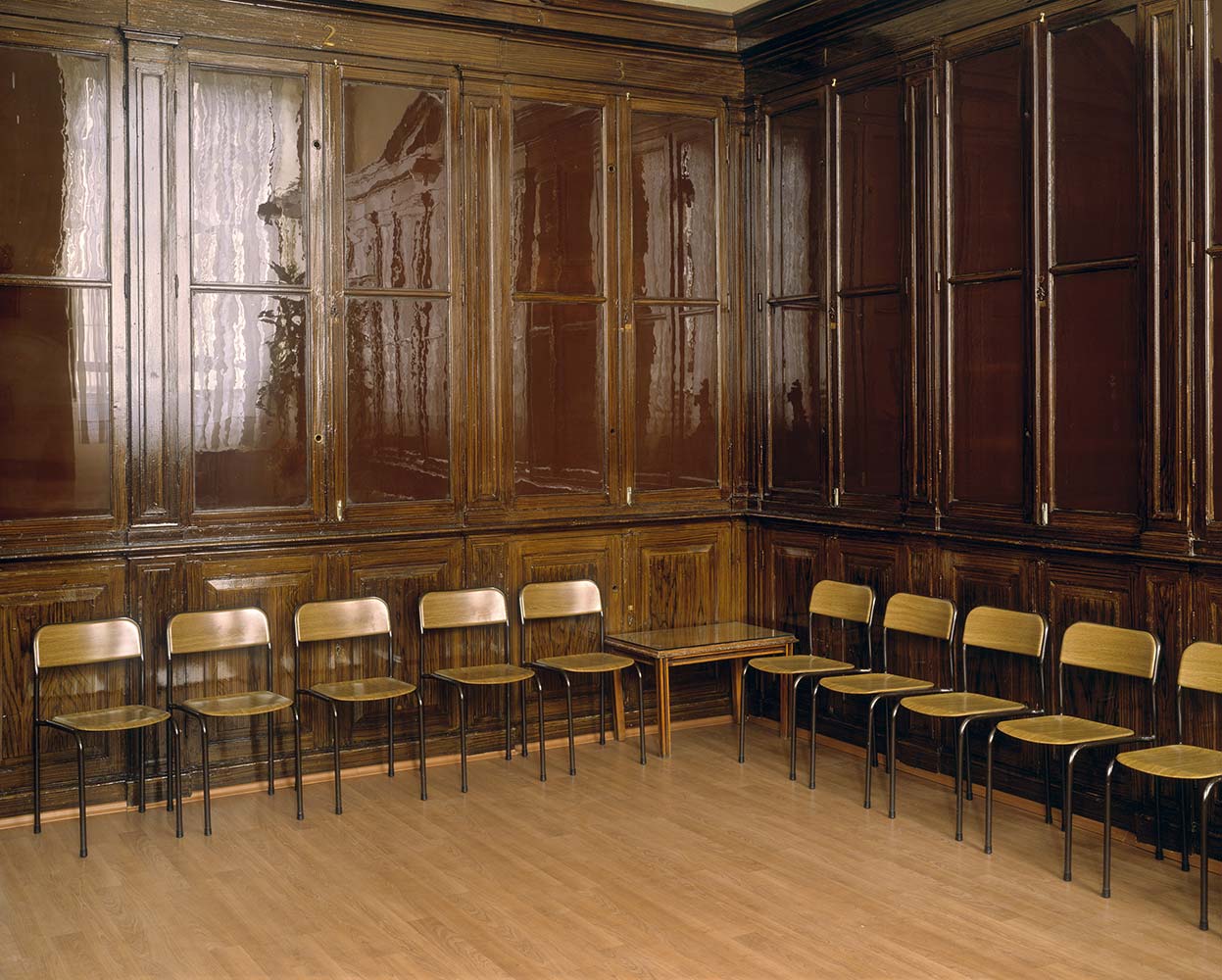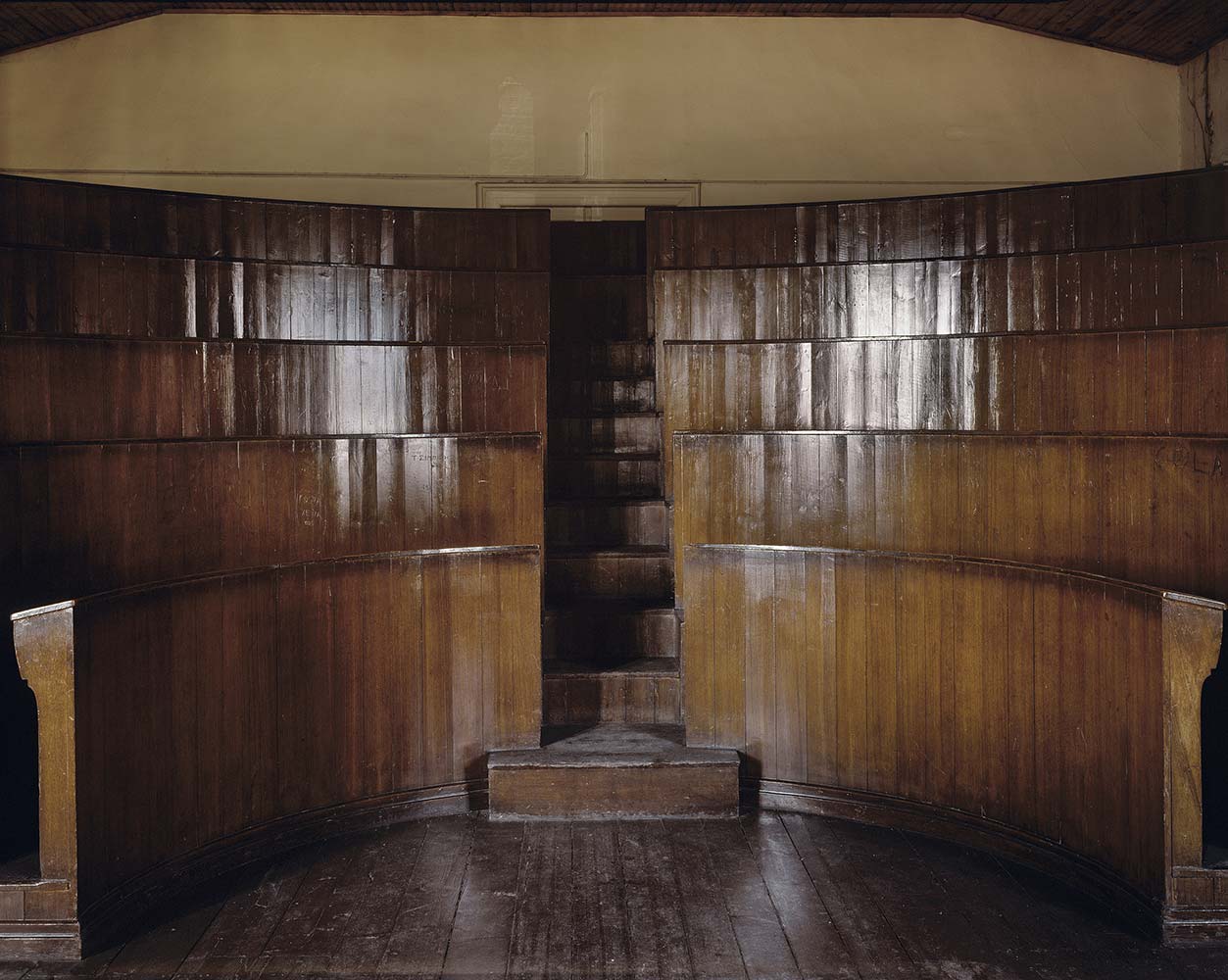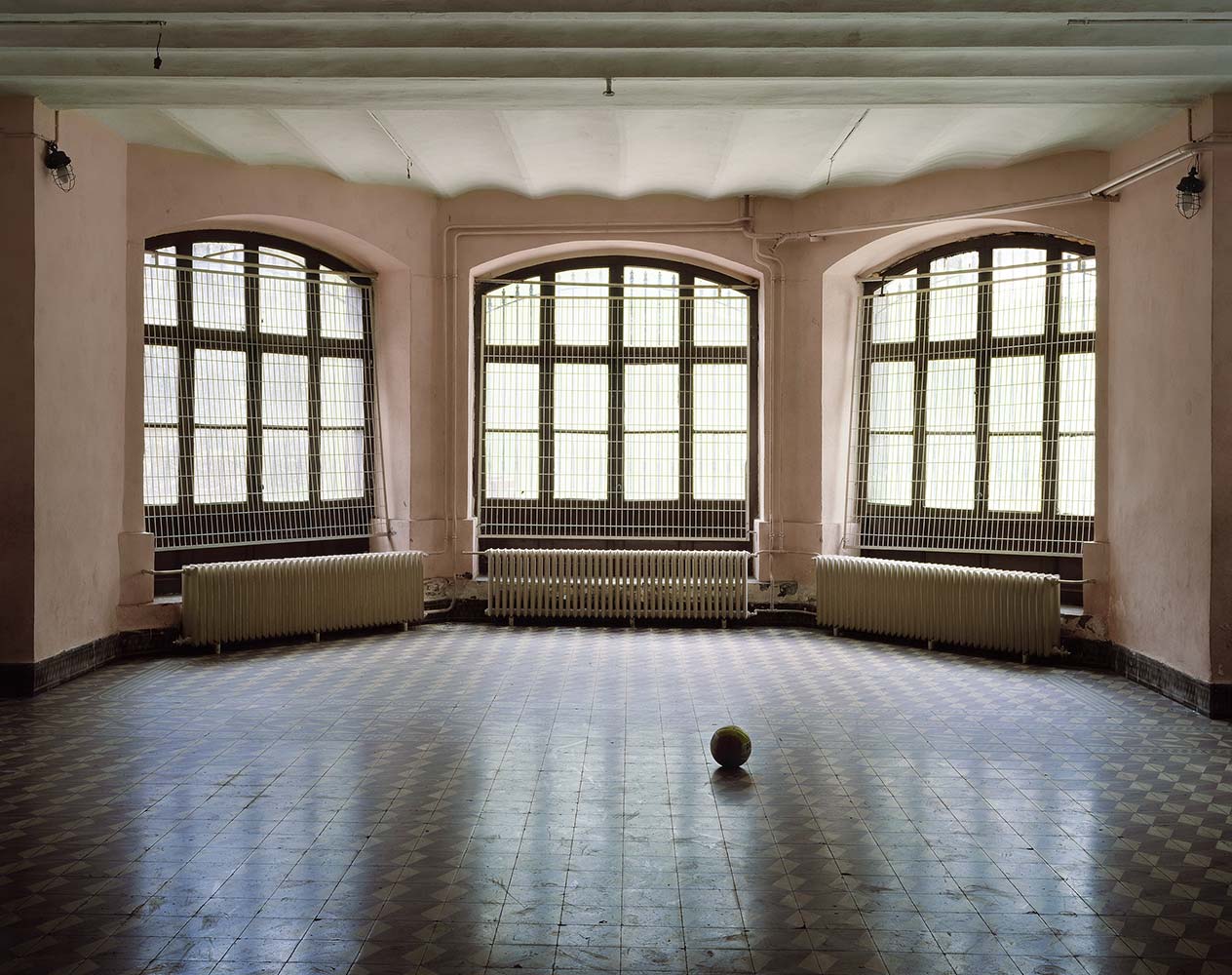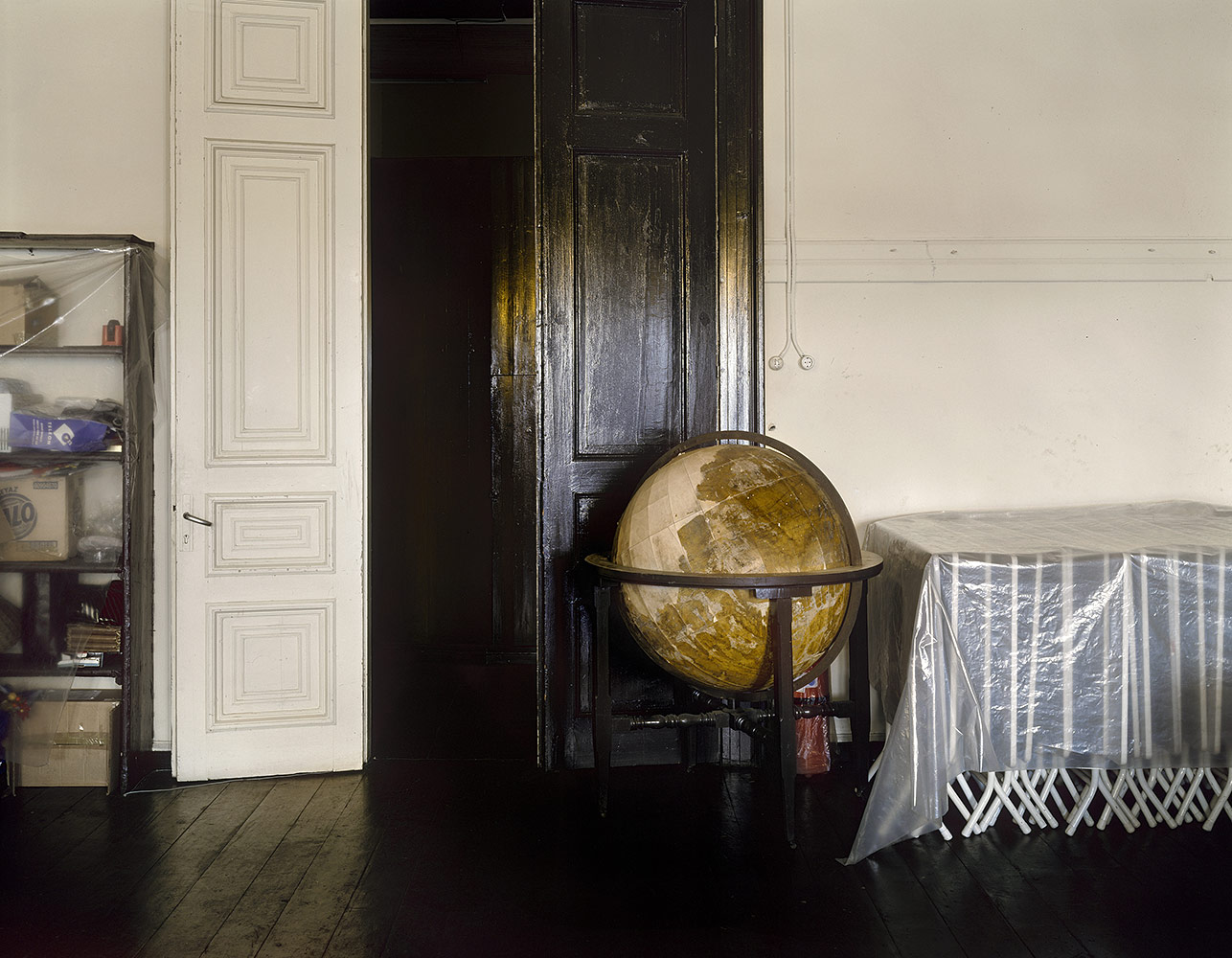 Paris Petridis _
commissions /
publications /
about
Paris Petridis _
commissions /
publications /
about
When I first laid eyes on Istanbul’s working Greek schools in July 2006, words failed me. Built in the last quarter of the nineteenth century by a then flourishing Greek Orthodox diaspora, with moving dignity they defend the community’s bourgeois cosmopolitanism against the starkness of reality.
Over the year that followed, I would return again and again to their austere magnificence only to find myself swept up each time in a maelstrom of ambivalence: the alienation of the empty spaces and the largesse of their architecture, the atmosphere of stateliness and the absence that does not detract from it, the objects’ perishability and their persistent claims to utility value, decimated numbers and continuity in the education conveyed, a sense of loss and the reassuring certainty that home is where meaning has not leaked away.
Documents of national history or data from the era of the real, lost homelands or cosmopolitanism missed: in every case, this mute record is an audible echo of memory, a glimpse of the lines on our palms.
